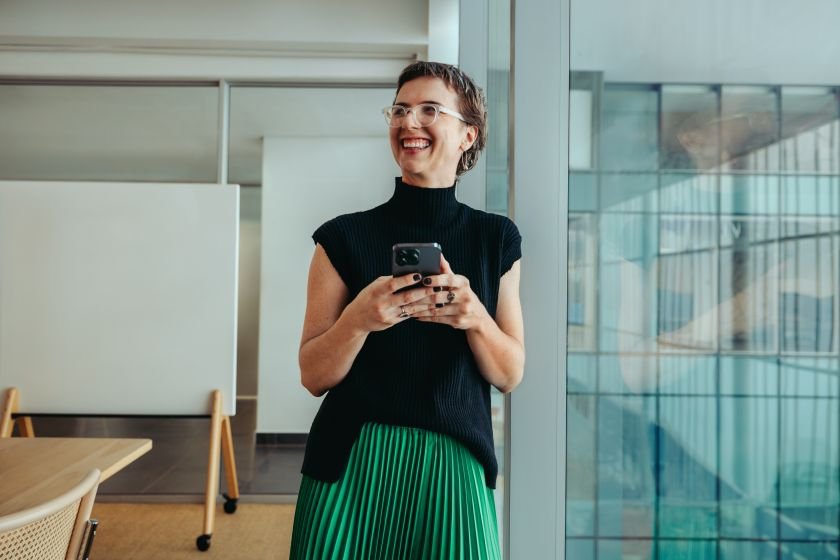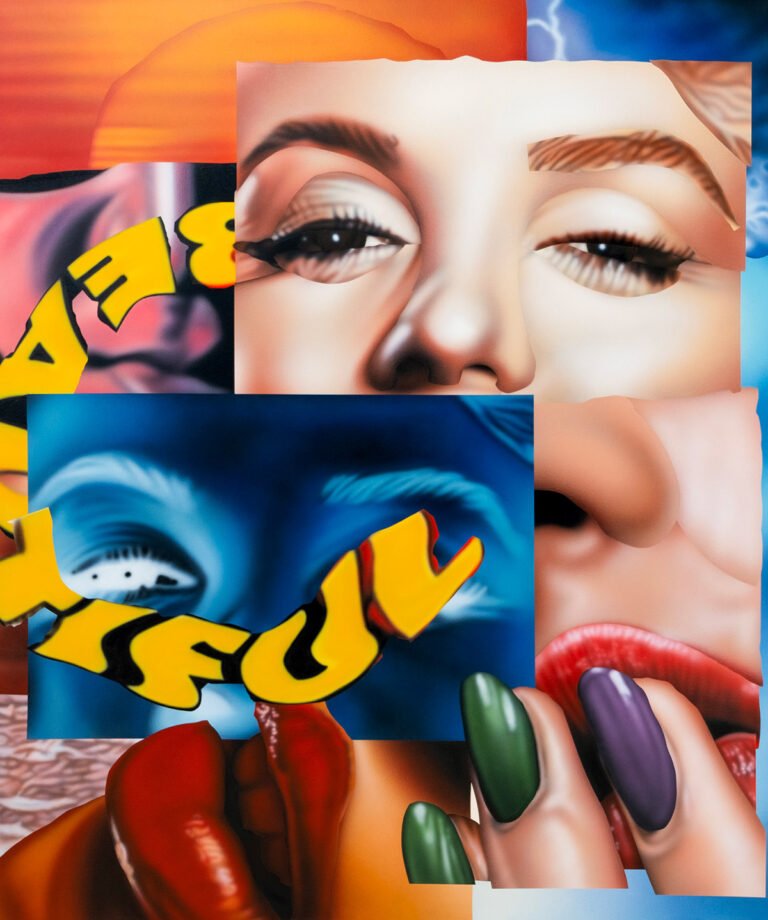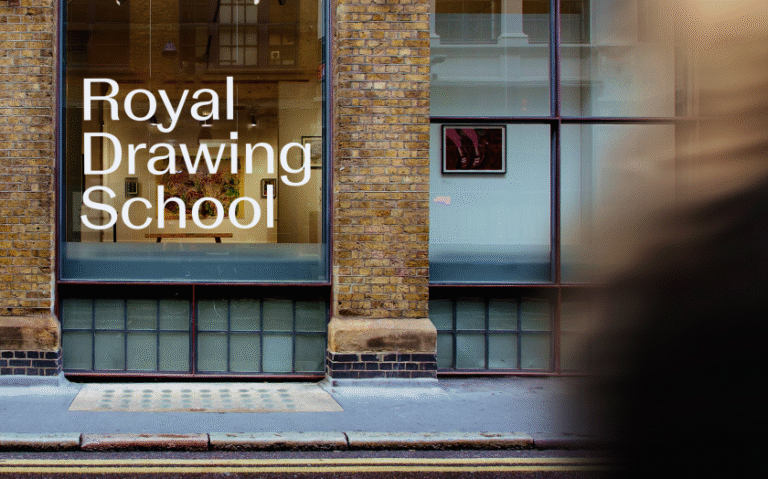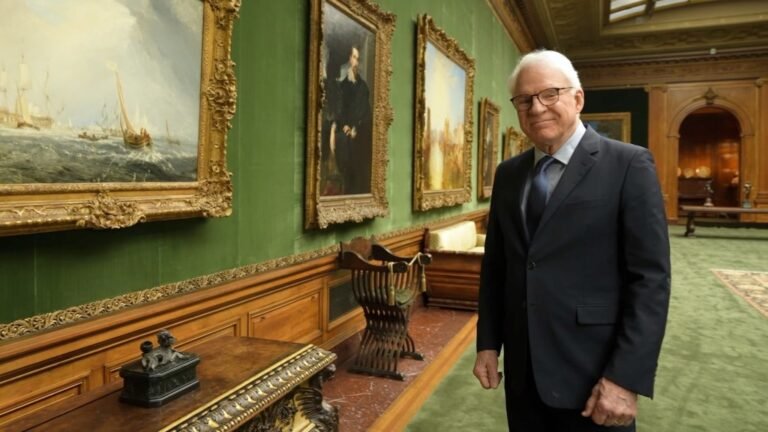

Image licensed via Adobe Stock
The current hype is mostly down to online safety laws, but there are plenty of legit reasons for creatives to use a VPN.
VPN apps are in the news recently, and you may be wondering why. Well, let me explain.
In the UK last Friday, new Online Safety Act requirements kicked in, which means that platforms ranging from Reddit to Pornhub are now asking for age verification from UK users.
A VPN (virtual private network) is an app that hides the IP address of your computer. One benefit of that is you can pretend to be in a different geographic location.
I find this useful, for example, when I’m writing about a laptop and can’t find out what the price is in Australia. The company’s website keeps defaulting to UK prices, and I can’t find the info anywhere else. I can’t even phone the company because it’s Friday where I am, but it’s already the weekend in Sydney.
In such a case, if I use a VPN and pretend to be in Australia, then the Australian price automatically pops up. Simple.
In a similar way, people wanting to access websites like Reddit without providing age validation—either because they’re underage, or simply because they don’t want the hassle—are finding that pretending to be in a location without these restrictions is handy.
That’s not the only reason to use a VPN, though. In fact, there are plenty of reasons why VPNs can be a useful or even invaluable tool for creatives.
Protecting your work and client data
If you’re a designer, illustrator, photographer or filmmaker, you’re probably sharing sensitive files regularly. Client briefs, unreleased campaigns, and portfolio pieces all represent intellectual property that needs protection.
When you upload files to cloud storage or email large attachments from, say, a coffee shop, that public WiFi network is broadcasting your data to anyone listening in. A VPN encrypts this connection, creating a secure tunnel that keeps prying eyes away from your work.
This is pretty important, given how much we’re working remotely these days. Whether you’re working from home, Starbucks, a co-working space or a client’s own offices, you’re constantly connecting to networks with varying security standards. Things like using public WiFi at conferences or hosting a client meeting at a hotel pose particular risks. Using a VPN, though, ensures your connection remains secure regardless.
Research without restrictions
VPNs are also useful if your project’s research takes you outside of your nation’s borders. These days, though, many countries restrict access to specific websites, social media platforms and news sources that can be crucial for understanding global culture and trends. If you’re travelling for work or collaborating with international teams, especially, these restrictions can hamper your creative process. VPNs, though, basically let you access everything freely.
And we’re not just talking about heavy-handed government censorship. As my laptop price example showed, many websites have different content depending on what country you’re in, for perfectly understandable reasons. You’ve probably also noticed how, say, a show you watched on Netflix while holidaying abroad isn’t available in your own country. VPNs let you virtually visit those locations and sidestep any such issues.
To summarise, VPNs aren’t just about watching porn. They serve a number of legitimate professional purposes, and for creative professionals handling sensitive client work, accessing global resources, and maintaining security, they can be well worth looking into.


